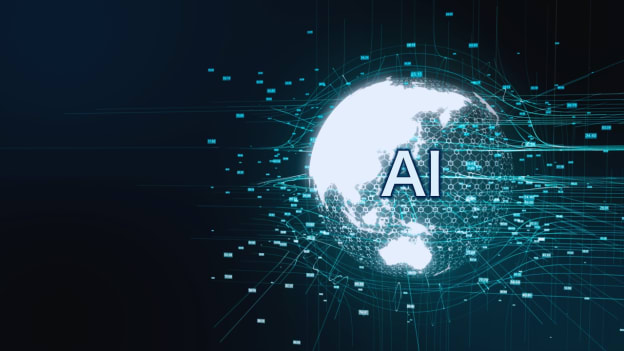India’s AI sector set to create 1 million jobs by 2026 as BTech seats rise 16%

India is on the cusp of an Artificial Intelligence (AI) revolution, with its AI workforce demand expected to exceed one million professionals by 2026, according to a recent report from the Ministry of Electronics and Information Technology (MeitY). Titled India’s AI Revolution: A Roadmap to Viksit Bharat, the report highlights the government’s strategic efforts to equip the nation with a skilled AI-ready talent pool, ensuring India’s place at the forefront of emerging technologies.
The demand surge is driven by the government’s robust initiatives to embed AI education across all levels of higher education. The IndiaAI Future Skills initiative is central to this vision, integrating AI into mainstream academic curricula and providing fellowships for full-time PhD candidates specialising in AI at India’s top 50 NIRF-ranked institutions. This move not only nurtures advanced research but also aims to cultivate highly qualified AI professionals ready to contribute to India’s technology-driven future.
To widen access beyond metropolitan areas, the government is establishing Data and AI Labs in Tier 2 and Tier 3 towns. A pioneering model lab has already been launched at the National Institute of Electronics and Information Technology (NIELIT) Delhi, offering students in smaller towns practical, hands-on exposure to AI and related technologies. This decentralised approach is designed to democratise AI learning, ensuring talent development is inclusive and far-reaching.
Complementing these efforts, the All-India Council for Technical Education (AICTE) has recorded a significant expansion in sanctioned BTech seats for the academic year 2024-25. The total seats have risen to 1.49 million, marking a 16% increase over four years. Notably, disciplines closely associated with AI — such as Computer Science, Artificial Intelligence and Machine Learning, Data Science, Cybersecurity, Cloud Computing, and Blockchain — have seen growth rates exceeding 50%. This surge reflects the growing interest and investment in cutting-edge technology education.
India’s National Education Policy (NEP) 2020 has also played a transformative role, encouraging higher education institutions to redesign their curricula to include AI, 5G, semiconductor design, and other advanced subjects. This alignment with industry trends is crucial to enhancing graduate employability and bridging the gap between academic learning and practical workforce requirements.
Further expanding accessibility, the Indian Institute of Technology Madras (IIT Madras) has launched five free online AI courses on its SWAYAM Plus platform. These courses target a broad audience, including undergraduates, postgraduates, and working professionals eager to upskill. By offering such resources freely, IIT Madras is helping to build a versatile and competent AI workforce across various regions and demographics.













